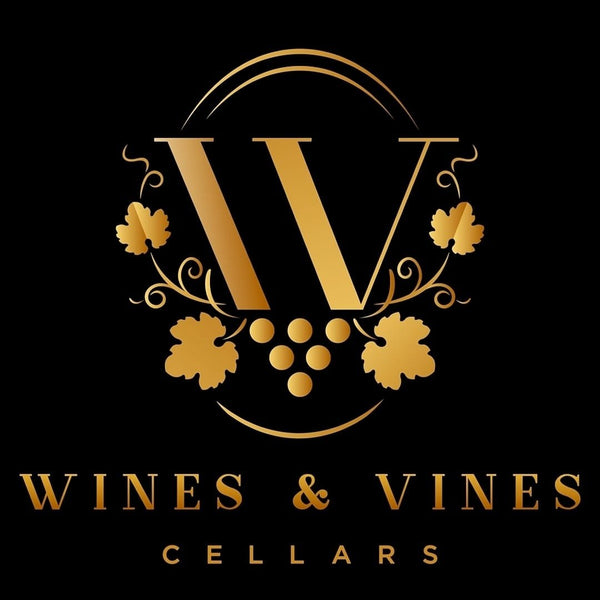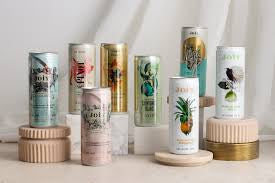Collection: New Zealand
The wine industry in New Zealand, although relatively new, has achieved remarkable success and a great international reputation.
New Zealand's long growing season and cool maritime climate make ideal conditions for grape growing, producing some distinctive, premium-quality wines.
New Zealand has 10 wine-producing areas – Northland, Auckland, Gisborne, Wairarapa and Hawke's Bay in the North Island, and Marlborough, Nelson, Central Otago, Waitaki Valley, and North Canterbury in the South Island. These regions span the latitudes of 36 to 45 degrees and cover 1,600 kilometres (1,000 miles), and due to New Zealand’s maritime climate, no vineyard is more than 120 kilometres (80 miles) from the ocean.
The northern hemisphere equivalent would run from Bordeaux (between the latitudes of 44 and 46 degrees) down to southern Spain.
Diverse styles
As a result of grapes being grown in such a range of mini-climates and soil types, a diverse range of styles has developed.
Sauvignon Blanc is New Zealand’s most commonly planted grape, accounting for more than two-thirds of all New Zealand wine.
According to Bob Campbell MW (Master of Wine), New Zealand has built a reputation for producing the world’s best Sauvignon Blanc. Its unique style is more pungently fruity than any other wine from the grape variety.
Chardonnay is New Zealand’s most widely grown variety, thriving in all of the major wine-growing regions. Hawke’s Bay, Gisborne and Marlborough are particularly well known for their Chardonnay, although each region produces its own distinct style, ranging from Gisborne's softer Chardonnay through to the more concentrated wine from Hawke's Bay.
New Zealand Pinot Noir also has a strong international reputation and is the country’s second-most exported wine after Sauvignon Blanc. Pinot Noir relishes cool temperatures and low rainfall, so performs particularly well in the Martinborough and Central Otago regions.
Bob Campbell believes Pinot Noir is one of New Zealand's most exciting wine styles, and it's growing in both reputation and sales. He defines it as very fruity, tending to be softer and more approachable than the wines of the benchmark Burgundy.
New Zealand also excels in a number of other varieties such as Riesling, Pinot Gris, Syrah and Bordeaux-style reds.
Wine tourism thriving
There is a growing awareness of wine tourism in New Zealand, and visitors are encouraged to discover cellar doors, tasting rooms, winery restaurants, vineyard accommodation, wine tours and experiences.
The main wine regions each host an annual wine and food festival, and most of New Zealand’s wineries offer tastings. Many of the larger wineries run restaurants or cafés as part of their business, and offer both retail and online wine sales.
The Facts: New Zealand wine
2019 marks 200 years since English missionary Samuel Marsden made the first recorded vine plantings in New Zealand, in the Bay of Islands in 1819. Marsden observed that “New Zealand promises to be very favourable to the vine”. However, the unfenced vineyard was destroyed by goats (nzhistory.govt.nz).
New Zealand’s earliest recorded winemaker was the British Resident James Busby who served “a light white wine, very sparkling and delicious to taste” to French explorer Dumont d’Urville at Waitangi in 1840. Busby had first planted vines in 1833.
The first Pinot Noir vines were planted at Lansdowne in the Wairarapa region in 1883.
The early and latter origins of the New Zealand wine industry go back to the work of settlers from Croatia, France and Germany-speaking Europe.
- New Zealand wine is exported to more than 100 countries.
- New Zealand wine exports are valued at $2 billion annually (as of November 2020)
- Wine is New Zealand’s 6th largest export good.
- 96% of New Zealand’s vineyard producing area is Sustainable Winegrowing NZ certified.
- New Zealand has 700 wineries and 600 grape growers.
- Sauvignon Blanc is New Zealand’s most widely planted variety.
- 17% of the world’s Sauvignon Blanc originates from New Zealand.
Extracted from New Zealand wine: An introduction
-
Joiy Canned Cocktail - Classic Mimosa
Regular price $5.00 SGDRegular priceUnit price / per$10.00 SGDSale price $5.00 SGDSale -
Spencer Hill Goosebay - 2021 South Island Sauvignon Blanc
Regular price $42.00 SGDRegular priceUnit price / per$48.00 SGDSale price $42.00 SGDSold out
Subscribe to our emails
Subscribe to our mailing list for insider news, product launches, and more.



